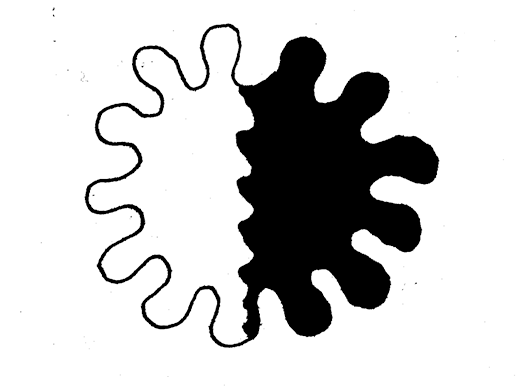Hi there! If you are reading this, chances are that you have heard or read the words “Scienceground”, or “Extemporanea” before — perhaps you received our newsletter, or maybe someone else has brought you here.
You are probably wondering by now what this “thing” is: a collective? a research group? a bunch of nerds? Below you will find only partial answers to these questions, and you’ll hopefully end the reading with even more questions on your mind!
Who are we?
The (ex-)temporary scientific community behind Scienceground is mostly made up of students and university researchers scattered all around Italy and Europe. We are a heterogeneous, inclusive and constantly evolving group, moved by shared interests and strong personal and professional bonds.
Why do we exist?
Our group is inspired by an urgent desire to offer an alternative to the current mass communication of science, which aims more and more at a metaphorical narration of science and at its spectacularization. Indeed, we think that to bring science to its just role in the developing of modern society, it needs to be offered in an appropriate way, without thriving for sensationalism.
We are also convinced that it is through experimenting with new forms of dialogue, paying attention to the contents, and via passion and individual commitment, that we can fight the modern opposition between science/technology and society/culture. The traditional positivist conception of science as a herald of absolute truth and cold rationality is not only questionable but also detrimental to the very image of science in the long term. A flattened narration of science creates a radicalized and exploitative mindset, both in those who blindly support a scientifically/technologically-driven “future”, and in those longing in vain for a “paradise lost” which cannot be revived. Such dynamics inevitably end up cracking the image of science in the public eye, jeopardizing the original communal values embodied by the scientific method: which is not a criterion for certainty, but rather the systematic exercise of doubt.
To give back depth and complexity to the scientific narrative is thus not just an opportunity for us to grow as individuals by learning to think critically, but it ultimately becomes a way (perhaps the only one?) to preserve science itself.
What do we do?
ExTemporanea organizes several activities. These take place throughout the year via different channels of discussion and confrontation, some within the community and others shared with a mixed public: university students and staff, children and kids at school, adults with a scientific background; any curious person is welcome!
All our activities are reported in the Events section.
What is Scienceground?
Scienceground is our main activity.
During the festival of literature Festivaletteratura that takes place yearly in the city of Mantua during the first days of September, we all converge in a moment of gathering and sharing of the self-directed learning experiences that we carried out through the past year. The community discusses the analytical tools and critical knowledge acquired and opens up to the people on the problematic relationship between science and society.
Scienceground is thus a meeting place, an occasion for us to meet and a stable rendez-vous, where we organize several events such as interviews, reading groups, short lectures; it is an opportunity for us to meet and share our thoughts.
The aim of Scienceground is not to entertain nor to raise awareness, but to spark a public debate in which the problems of science can be explored in light of the intrinsic complexity of the scientific process, without resorting to absolute or self-evident truths. The challenge lies in approaching various contents (including advanced ones) in an open and friendly way, in order to stimulate transversal reflections on science, technology, society, politics, culture. The underlying belief being that there is a subtle thread connecting all these aspects of civil society. This experience aims at providing critical tools to help unravel the knot, revealing the deep connections existing between scientific progress – with its rules, myths and controversies – and the social context in which it develops.
